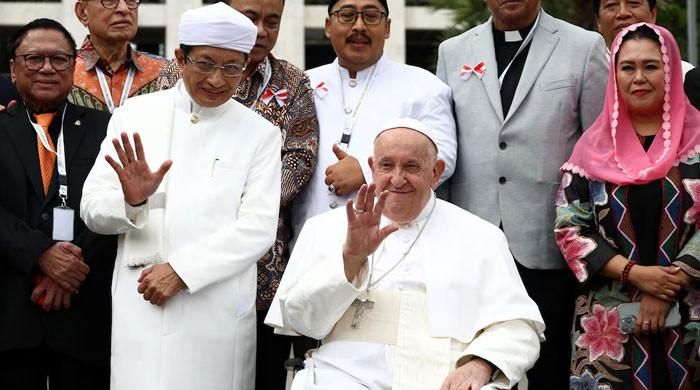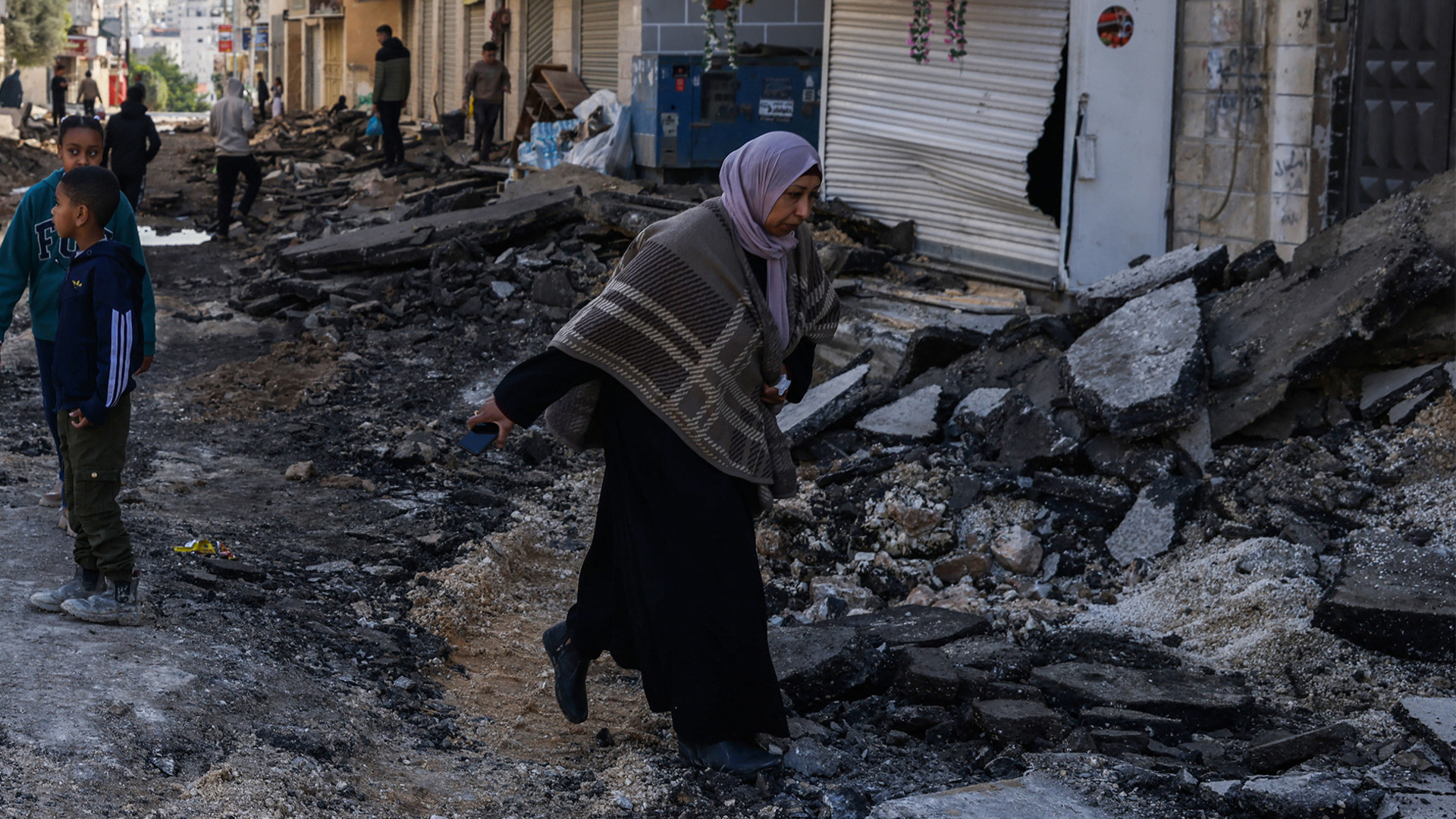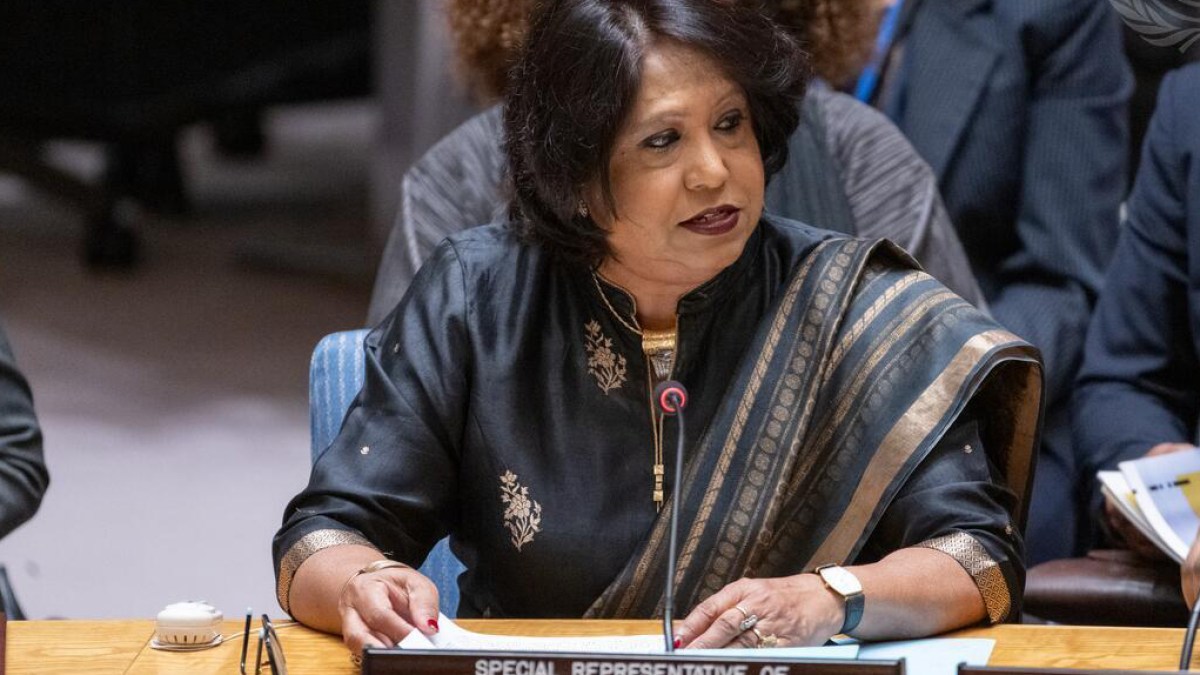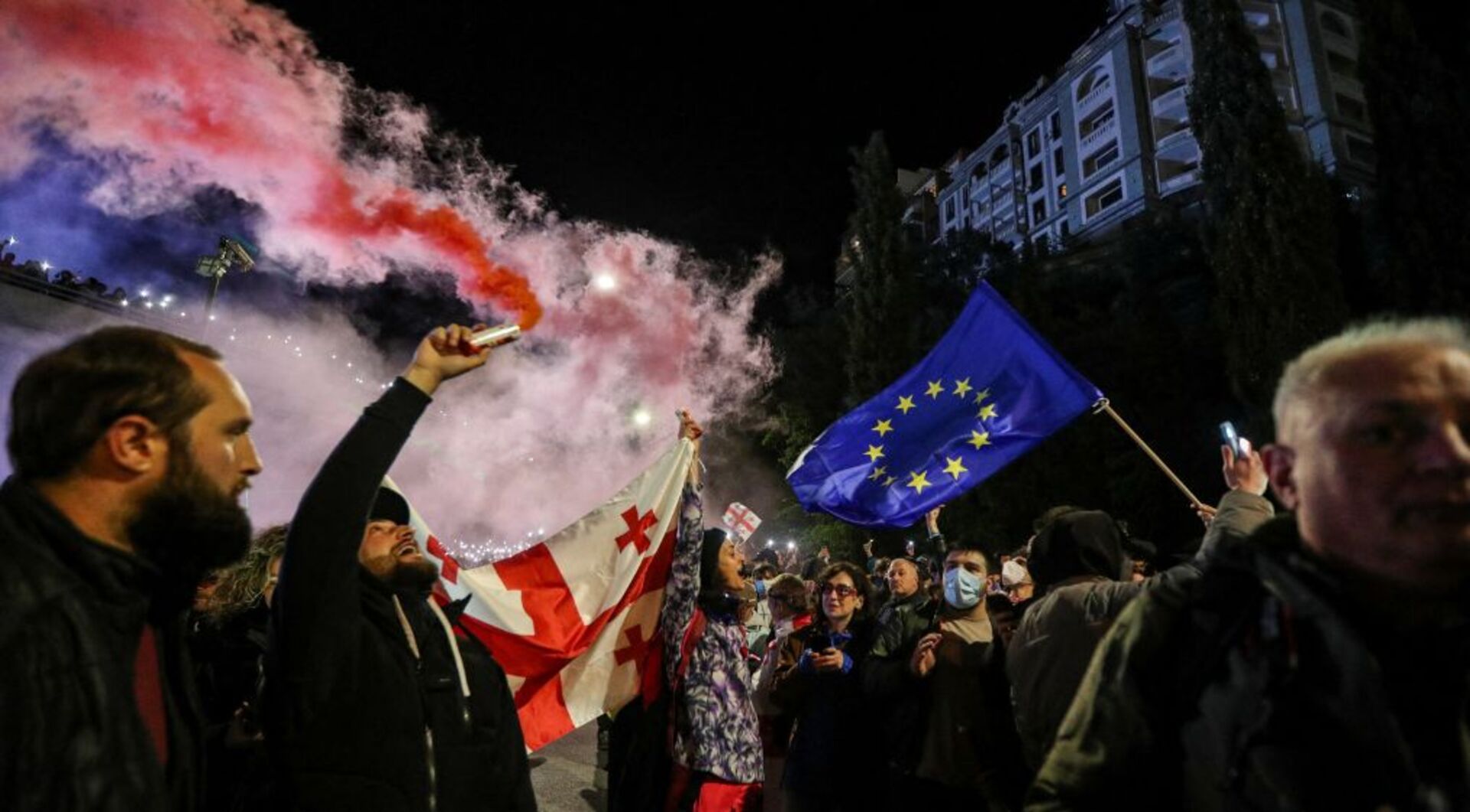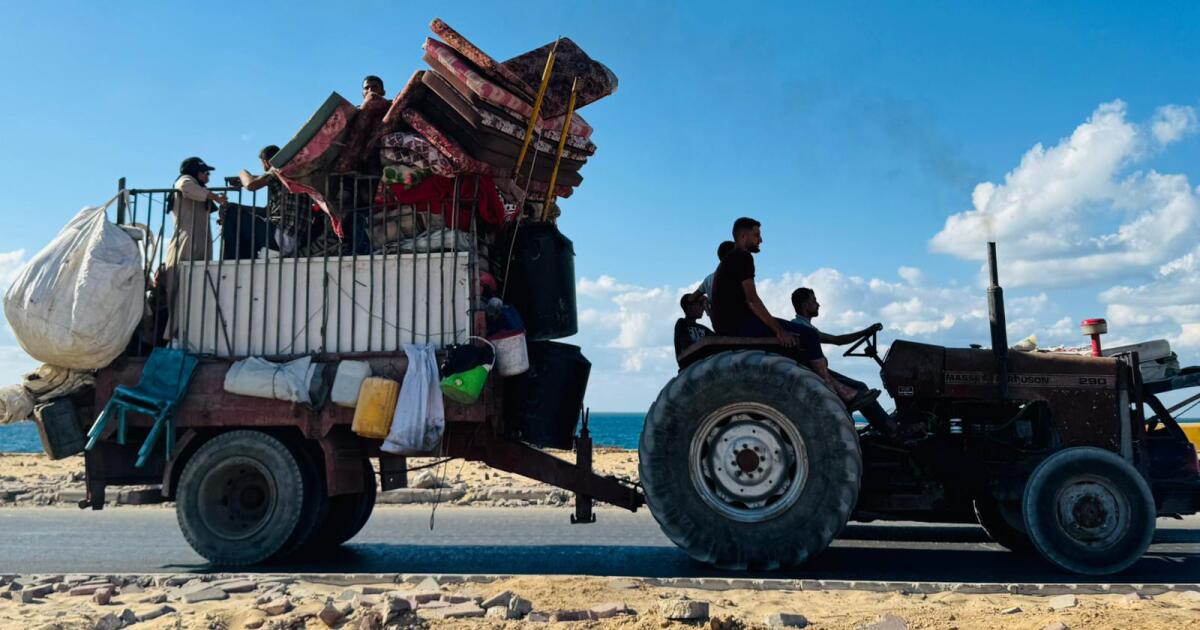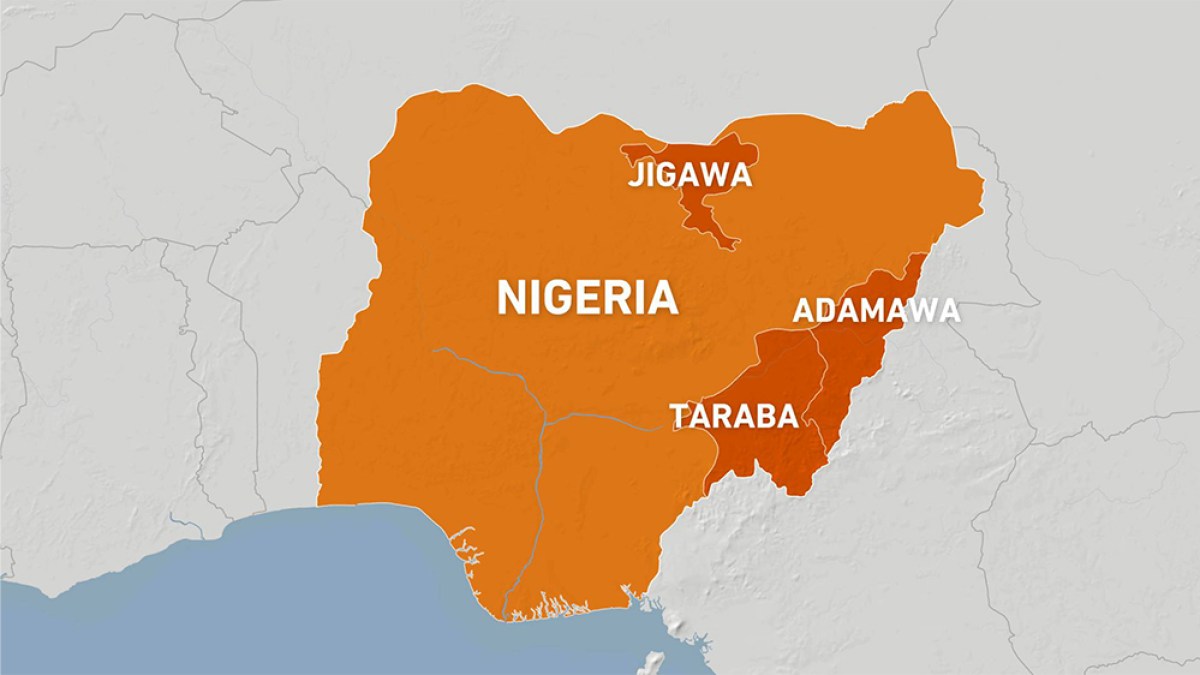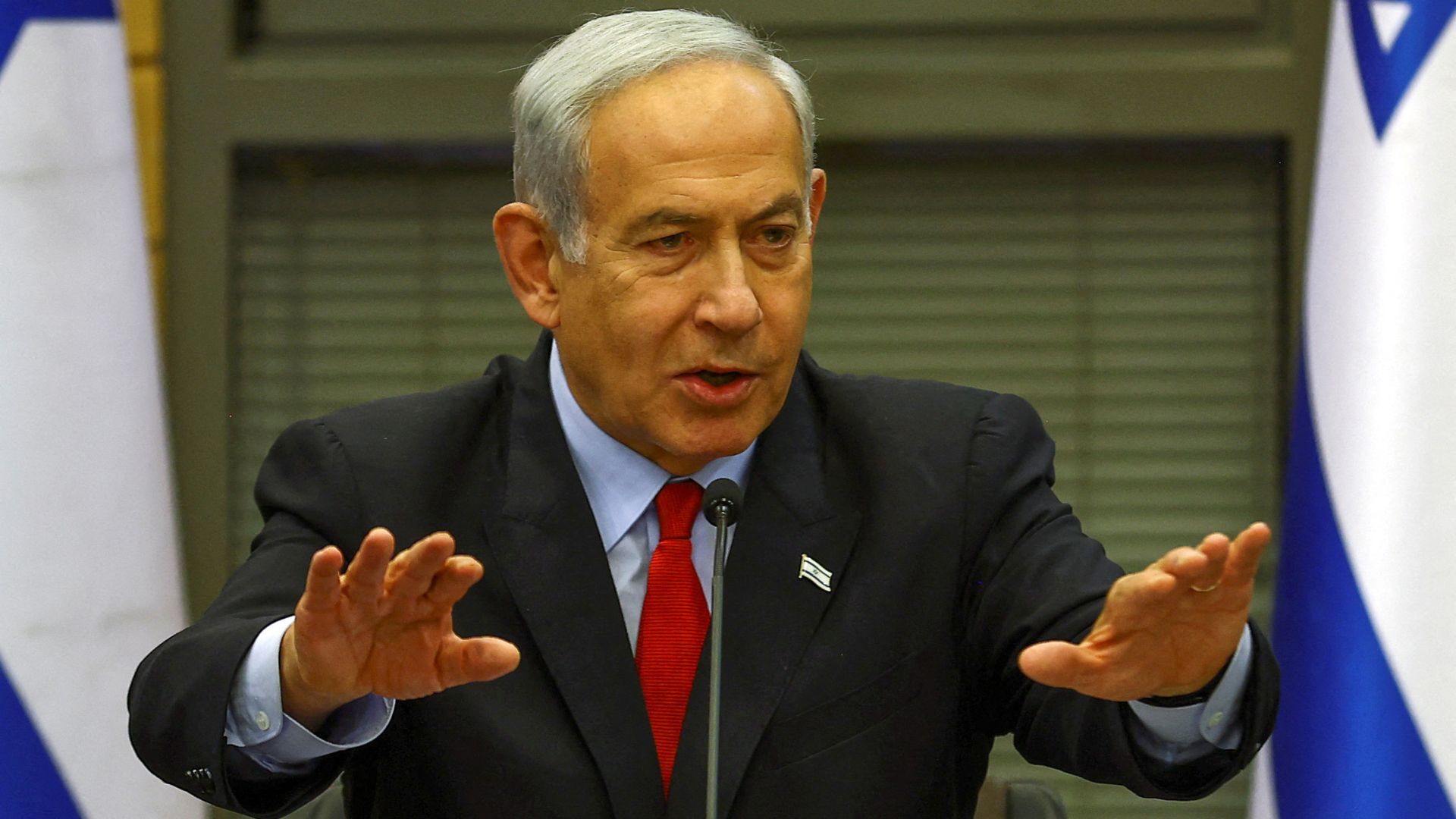Pope Francis on Thursday called on Muslims and Catholics to press world leaders to confront the dangers of climate change and extremism, speaking of the common roots of different religious beliefs as he visited Southeast Asia's largest mosque in Jakarta.
On a day laden with religious symbolism on his trip to Indonesia, the world's most populous Muslim-majority country, the pope issued a joint statement with the national grand imam and other local religious leaders calling for “decisive action” to tackle global warming.
“Human exploitation of creation, our common home, has contributed to climate change, leading to various destructive consequences such as natural disasters, global warming and unpredictable weather patterns,” reads the statement, formally signed by Francis and Grand Imam Nasaruddin Umar.
“We sincerely call upon all people of good will to take decisive action to maintain the integrity of the natural environment and its resources,” they said.
The signing of the declaration came during Francis' visit to the Istiqlal Mosque, a domed structure covering some nine hectares (22 acres) in central Jakarta.
The Pope will visit Indonesia until Friday, as part of an ambitious 12-day trip to four countries in Southeast Asia and Oceania.
Francis also spoke at an interfaith meeting held outside the mosque's main entrance, which began with a young woman reciting a passage from the Koran.
The Pope repeatedly referred to a new underground tunnel connecting the mosque to the city's Catholic cathedral, located across the street.
The 28-metre-long passage, dubbed the “tunnel of friendship”, is an “eloquent sign” indicating how people of different faiths can share common roots, the 87-year-old pope said.
“We could say that what is 'below', what runs underground, like the 'tunnel of friendship', is the only root common to all religious sensibilities: the search for an encounter with the divine,” Francis said.
“Looking deeply… we discover that we are all brothers and sisters, all pilgrims, all on a journey toward God, beyond what differentiates us,” he said.
About 87% of Indonesia's population of 280 million is Muslim, while about 3% is Catholic.
Francis has emphasized Catholic-Muslim dialogue throughout his 11-year papacy and has signed several joint declarations with Muslim leaders.
In 2019, he became the first pope to visit the Arabian Peninsula, where he signed a declaration with the Grand Imam of Al-Azhar, often considered the highest authority in Sunni Islam.
The Pope, who pushed for the 2015 Paris climate pact, has also made tackling climate change a key focus of his pontificate.
Indonesia's capital Jakarta, home to at least 10 million people, is vulnerable to climate change as it faces chronic flooding and subsidence. The government is building a new capital, Nusantara, on the island of Borneo.
On Thursday afternoon, Francis will celebrate a Catholic mass at Jakarta's Gelora Bung Karno Stadium, a multi-purpose sports complex.
On Friday, the Pope will leave Indonesia for Papua New Guinea, then East Timor and Singapore. When he returns to Rome on September 13, he will have traveled almost 33,000 kilometers.

